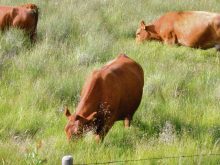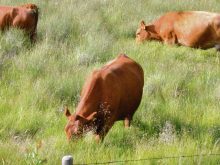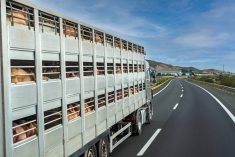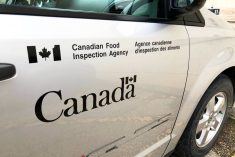Canadian farmers are advised against taking cattle over the border to participate in U.S. agricultural exhibitions as outbreaks of avian influenza in American dairy cattle continue, the Canadian Food Inspection Agency (CFIA) said.
“While we understand the traditional and business significance of attending these events, the current HPAI situation in the U.S. may pose a risk of introducing and spreading the virus into Canada and may negatively impact the health of your animals,” the CFIA said on its website.
At the end of August, California became the fourteenth state this year to report an outbreak of highly pathogenic avian influenza, or bird flu, in dairy cattle. Sixteen people, mainly farm workers, have also tested positive for the virus.
Read Also
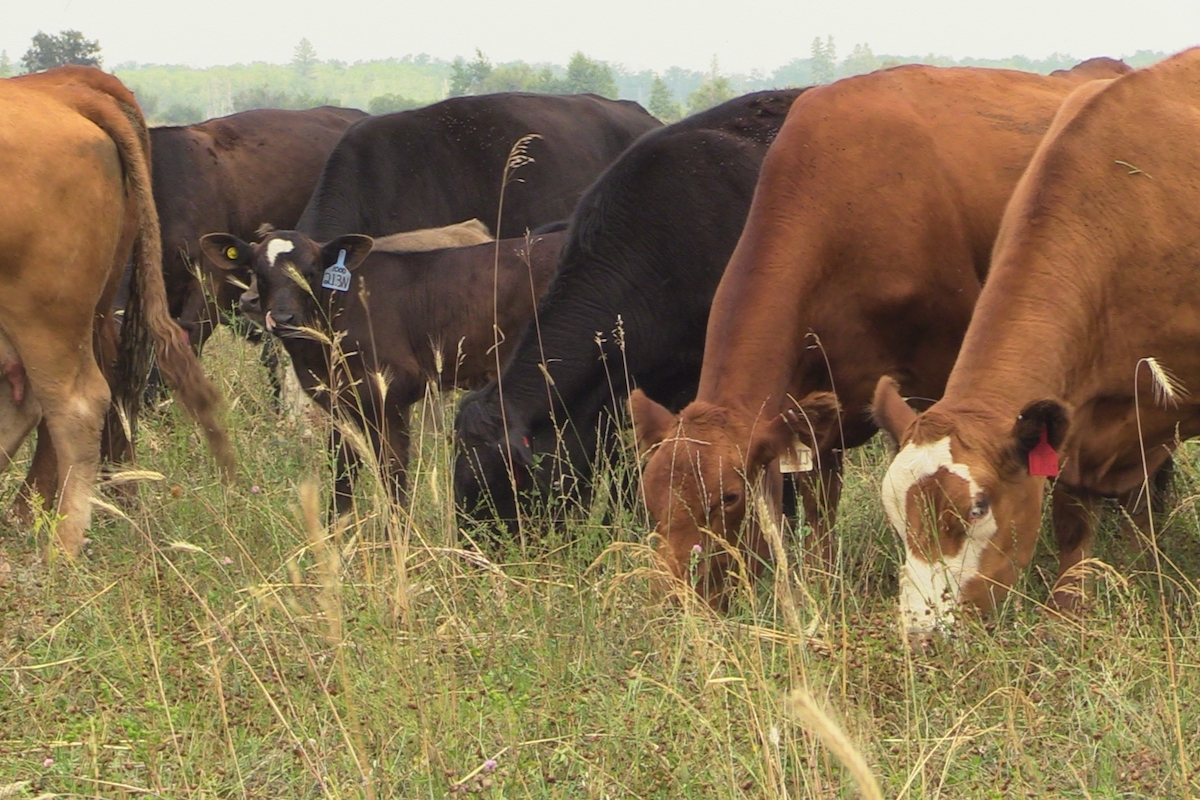
Beef industry weighs in on AAFC research cuts
The Canadian Cattle Association and Beef Cattle Research Council said cuts to federal research centres and programs will have long-term debilitating consequences for the beef industry.
The CFIA said it doesn’t recommend showing beef or dairy cattle at U.S. exhibitions —particularly if the exhibition is in a state with a known bird flu outbreak in cattle or poultry.
Some exhibitions may have testing requirements for cattle entering the show.
“If you choose to participate, be sure to contact exhibition organizers to find out what is required before your departure from Canada,” the CFIA said.
Since mid-August, Canadian cattle returning to the country after stays of less than 60 days in the U.S have required a special export certification statement, signed by a veterinarian, saying the animal has tested negative for avian influenza in the last seven days. Lactating cattle entering Canada from the U.S. have required a negative test for avian influenza since late April.
The CFIA recommends isolating beef cattle for 21 days after they return to Canada.
Dairy cattle returning to Canada will be subject to isolation requirements, a bulk tank test, testing of individual cattle, and other measures, the CFIA said.
To date, no cases of avian influenza have been reported in Canadian cattle.




